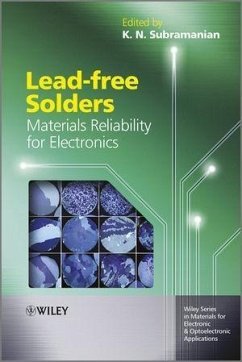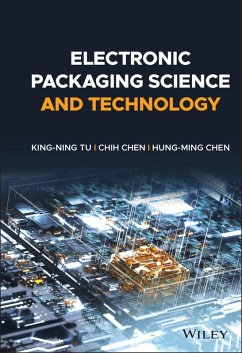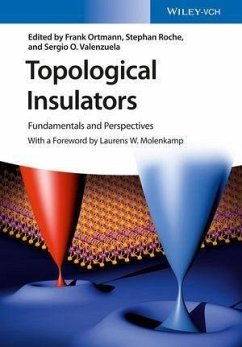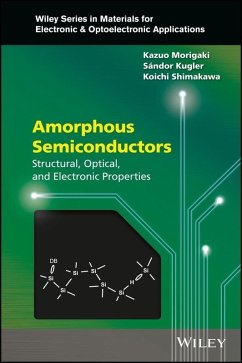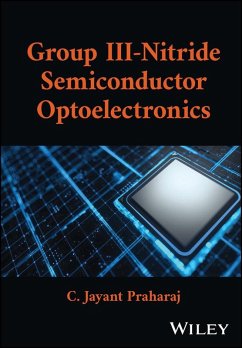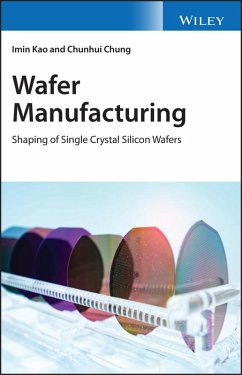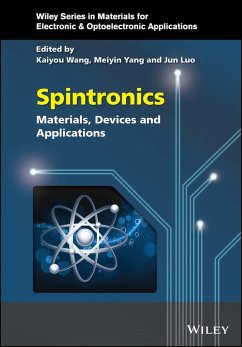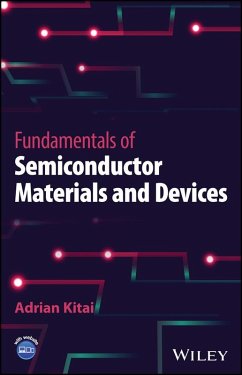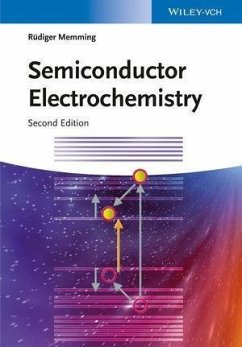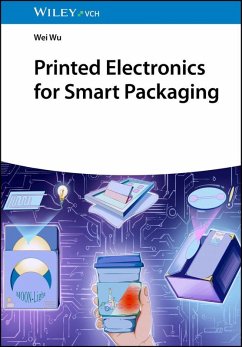
Lead-free Solders (eBook, PDF)
Materials Reliability for Electronics
Redaktion: Subramanian, K.
Versandkostenfrei!
Sofort per Download lieferbar
147,99 €
inkl. MwSt.
Weitere Ausgaben:

PAYBACK Punkte
0 °P sammeln!
Providing a viable alternative to lead-based solders is a major research thrust for the electrical and electronics industries - whilst mechanically compliant lead-based solders have been widely used in the electronic interconnects, the risks to human health and to the environment are too great to allow continued widescale usage. Lead-free Solders: Materials Reliability for Electronics chronicles the search for reliable drop-in lead-free alternatives and covers: * Phase diagrams and alloy development * Effect of minor alloying additions * Composite approaches including nanoscale reinforcements ...
Providing a viable alternative to lead-based solders is a major research thrust for the electrical and electronics industries - whilst mechanically compliant lead-based solders have been widely used in the electronic interconnects, the risks to human health and to the environment are too great to allow continued widescale usage. Lead-free Solders: Materials Reliability for Electronics chronicles the search for reliable drop-in lead-free alternatives and covers: * Phase diagrams and alloy development * Effect of minor alloying additions * Composite approaches including nanoscale reinforcements * Mechanical issues affecting reliability * Reliability under impact loading * Thermomechanical fatigue * Chemical issues affecting reliability * Whisker growth * Electromigration * Thermomigration Presenting a comprehensive understanding of the current state of lead-free electronic interconnects research, this book approaches the ongoing research from fundamental, applied and manufacturing perspectives to provide a balanced view of the progress made and the requirements which still have to be met.
Dieser Download kann aus rechtlichen Gründen nur mit Rechnungsadresse in D ausgeliefert werden.




